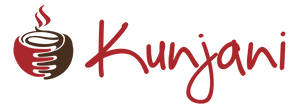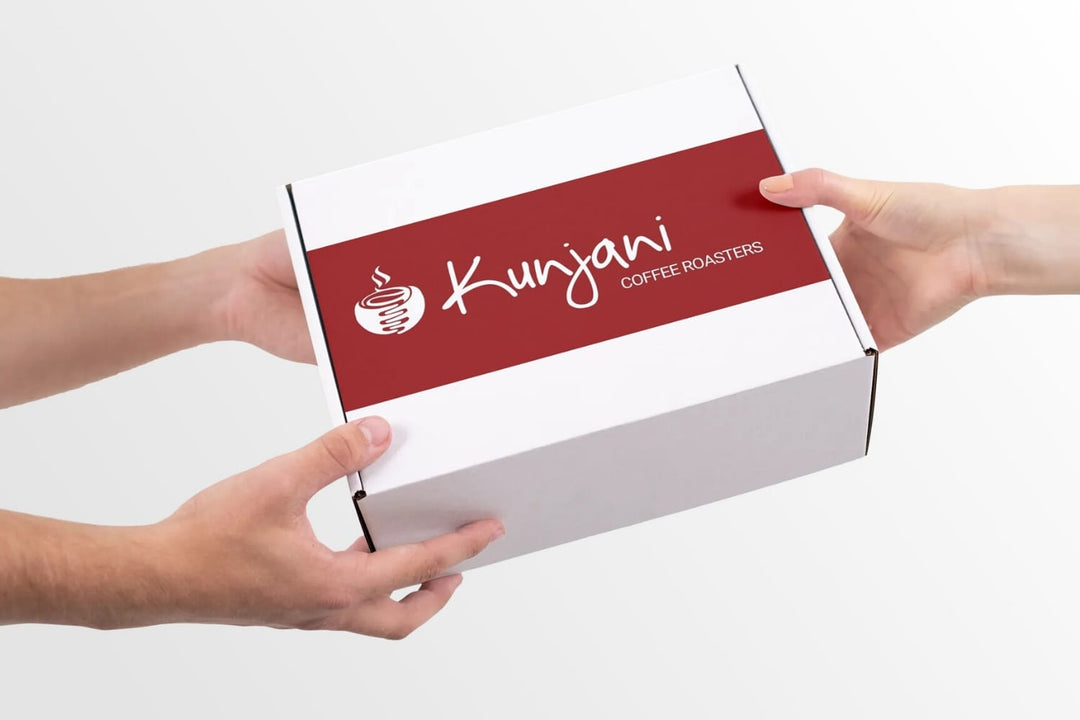Coffee fuels plenty of households worldwide, especially during weekday early mornings. Unfortunately, the increasing demand for the best coffee beans comes at a price, one particularly paid by coffee producers. You can see a majority of this taking its toll on disadvantaged farmers in poorer nations, especially in Ethiopia, Guatemala, Colombia, and Brazil. Luckily, you can support these proud entrepreneurs by purchasing ethically sourced coffee.
Although the booming coffee market is popular among the various urban communities, you may have been supporting massive corporations that contribute very little to addressing the economic gap, climate change issues, and ongoing hunger crises. While the journey to address these issues is tough, you can make more informed choices by supporting businesses which focus on empowering the coffee producers. Here are some factors to consider when buying ethically sourced coffee:
Rich coffee culture
Since multiple farmers are affected by the existing business practices of big corporations, it is fair to say that different farmers from all over the world need your support. You can do this by purchasing from coffee roasters that work with various communities to ensure there is a fair distribution of your money, as well as those working to empower the next generation of agricultural partners in those remote locations.
At the same time, you can also promote diversity through purchasing from a business focused on empowerment in the coffee industry. For instance, let’s say you have a particular taste for Ethiopian coffee beans because of the fruitier notes and depth of flavor. While it is perfectly acceptable to have specific preferences, you may however, be limiting yourself and missing out on other high-quality, more diverse flavor profiles. Luckily, by connecting with different sustainable businesses, you can gain insight into the various coffee varieties offered worldwide.
Certifications
When you are shopping for groceries, you may typically go for items with the approval of health-conscious organizations or known business collectives. The same goes for ethically sourced coffee when it comes to their respective certifications. In particular, you should pay attention to two terms: Organic and Fair Trade.
For organic, the business has to undergo a rigorous screening process through the Department of Agriculture to get USDA seals for their products. In terms of Fair Trade, you need to pay extra attention because the term “fair trade” is used loosely, without the actual certification.
As a general rule, you can be assured of ethical business practices for fair trade certifications given by Fair Trade USA and Fairtrade International. They have financial transparency through a clear breakdown of their prices, plus farmers are promised competitive prices higher than the market standard. In other words, you can be assured that each cent goes to a cause you believe in, and people who value your support. Just ensure you read about the coffee business’s advocacy or social impact to have a clear understanding of their farmers, benefactors, and overall sustainable practices.
Conclusion
Coffee may seem like something you can instantly source, but you could be an unknowing enabler of toxic business practices, especially when you consider the various conglomerates dominating this industry. Fortunately, your humble purchase can create lasting change as long as you consider what it takes to purchase good quality coffee products, and identify with worthwhile partners. Brew to make a difference by making well-informed purchasing decisions!
Are you looking for premium, ethically sourced coffee? We at Kunjani can provide you with that. We are a small-batch coffee roaster, empower sustainable practices, and work with various disadvantaged communities to ensure you can do good one brewed cup at a time. You can enjoy our curated coffee subscription offerings for your convenience. Get your feel-good caffeine fix from us today!












Leave a comment